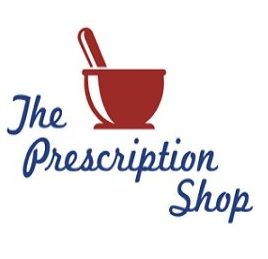About 10% of people experience depression at some time in their life. It is not a sign of personal weakness and it is not your fault. Depression is caused by biochemical changes in the brain. It is often referred to as a “chemical imbalance.”
Depression can last weeks, months or even years before getting better on its own. But it can be treated with medication or other kinds of therapy. Most people who get treatment (3 out of 4) find it works for them. Early treatment reduces the chance of depression coming back.
How is depression treated?
- Antidepressants are used to shorten the length of time it takes to get over an episode of depression.
- You may start to feel better in 1–2 weeks, or it could take longer. Talk to your doctor if don’t notice any improvement in symptoms or mood after 2 weeks.
- Don’t get discouraged if you don’t feel better right away. Sometimes medications or dosages have to be adjusted to get the full benefit.
- Continue your medication even if you start to feel better. Taking your medication for the proper amount of time lowers the chances of your depression coming back.
How long do you have to take antidepressant medication?
- If you are being treated for depression for the first time, you may have to take medication for many months after you get better.
- If you have had depression more than once, you may have to take medication for 2 years or more.
What can you do to help your treatment?
- Avoid alcohol. Many patients with depression drink alcohol to help them sleep or to “calm their nerves.” But alcohol alters brain chemistry and disrupts sleep the same way depression does. Talk to your doctor to find out whether you can have an occasional alcoholic drink.
- Do not use illegal drugs, sedatives or stimulants.
- Tell your doctor and pharmacist if you take non-prescription medications, including herbal products. These products may affect how your medication works.
- Get plenty of rest.
- Exercise regularly.
- Eat regularly.
- Keep socially active.
- Do not make any major life changes. When you are feeling bad, it can be difficult to deal with problems. They will seem more manageable when you are feeling better.
What happens if you stop taking antidepressant medication too soon?
- Do not stop taking your antidepressant medication without consulting your doctor.
- Your doctor must supervise the process of gradually reducing your medication. It may take several weeks or several months to stop.
- If you stop your antidepressant suddenly you may experience withdrawal symptoms. You may have any of these symptoms:
- flu-like symptoms
- muscle aches
- fatigue (tiredness) and headache
- stomach or bowel upset
- anxiety, irritability and mood changes
- feelings like electric shocks throughout the body, especially in the arms and legs
Does depression come back?
- Some people do have recurring episodes of depression. Whether your depression comes back will depend on:
- how long you have been depressed
- the number of times you have had depression before
- whether you have a family history of depression

